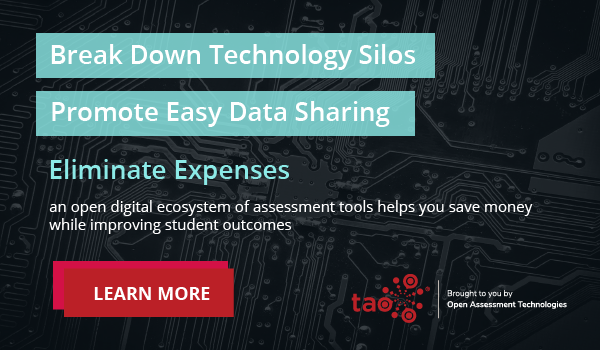There are many potential issues– and potential consequences — in the medical credentialing process. In fact, provider credentialing is one of the most important compliance issues in a medical practice. Without process oversight and data insight, omissions or errors that occur in the medical credentialing process can be detrimental to your organization.
Mistakes happen in any process. However, mistakes in credentialing can ultimately cost an individual’s license or your organization’s reputation. As you know, incomplete credentials or compromised privacy hold a lot of weight in the healthcare field. A poorly-run credentialing system may not only lead to enrollment issues but to legal and financial complications.
Below the most common challenges in the medical credentialing process — and a simple IMS Global framework that may eliminate many, if not all, of those challenges.
Accessing Up-to-Date Information
Accessing applicant information is a major challenge for healthcare organizations. In fact, around eighty-five percent of credentialing applications have inaccurate, missing, or out-of-date information. Even minor candidate changes, like an address or phone number, must be re-attested in the CAQH database before an application can be processed by the system.
Missing documents, training details, or incorrect info can quickly turn the medical credentialing process into a bottleneck. This issue becomes even more prevalent as many practitioners tend to regularly move around from one healthcare institution to another, and organizations must keep up with the changes.
Meeting Deadlines
The medical credentialing can be one of the most hindering components of your healthcare organization’s revenue cycle. Application review alone can take up to 90 days for an organization to process. However, with additional stakeholders, like insurance companies or contract negotiators, the processing can actually take up to six months — which further stalls your organization.
Inability to Change Platforms
As your credentialing program grows and the requirements become more complex, you may need to add integrations or switch assessment platforms completely. However, if you have a lot of content in your platform – like preset questions or prompts – and it’s not standards compliant, the migration can become virtually impossible without losing one component or another. Thus, many organizations get stuck in outdated platforms that hinder the medical credentialing process.
Meeting Compliance with State Regulations
Each state has set provider credentialing standards and medical services policy guidelines. Plus, certain national organizations like CAQH involve specific requirements, as well. This creates issues in the medical credentialing process, as the requirements vary not only state-to-state but with changing policy or legislature. Your credentialing platform must keep up with changing regulations and incorporate new requirements as they occur in real-time.
Ensuring Privacy and Security
Background checks are an essential aspect of credentialing. Beyond eligibility requirements, like degrees or previous credentials, background checks ensure that the applicant adheres to national licensing requirements. Privacy and security are vital in this step of the process and forward.
The practitioner’s entire history regarding malpractice, board actions or reports to the National Practitioner Database, must be evident to the credentialing organization, as well as insurance agencies. Failure to disclose incidents, backlogs in the system, or lack of real-time data can all result in rejection — or worse, legal implications for applicant or the credentialing party. Your credentialing platform must be able to communicate with various databases to keep that information secure and up-to-date.
Simplify the medical credentialing process with IMS Global Standards
Interoperability standards set by IMS Global enable an alignment of healthcare objectives, credentials and results in the medical credentialing process. For example, the new CASE® framework eliminates many challenges in the healthcare credentialing process.
IMS Global Competencies and Academic Standards Exchange® (CASE®)
The CASE® standard facilitates the secure exchange of information within a set framework. The standard enables seamless transmission of certification standards and policies so that applications, systems, and tools can easily access and manage that data. In addition, real-time, accurate data on all candidates becomes readily available.
In fact, by ensuring that your credentialing process works within a CASE®-enabled ecosystem, all tools, content and evaluation systems will align with and reference to standards set out by state compliance or medical board requirements. Plus, moving assessment content from one platform to another is no longer an issue — as the systems operate within the same framework, migration becomes seamless.
Use the CASE® framework to create a relationship between your organization’s credentialing system and healthcare regulations for a quicker, more secure verification and affiliation process.
—
IMS standards-enabled technology opens up a new world of possibilities in terms of enabling healthcare professionals and institutions to match program achievements to employment opportunities. An interoperable ecosystem can also eliminate some of the friction or redundancy as practitioners move between institutions and employers throughout their career paths.

